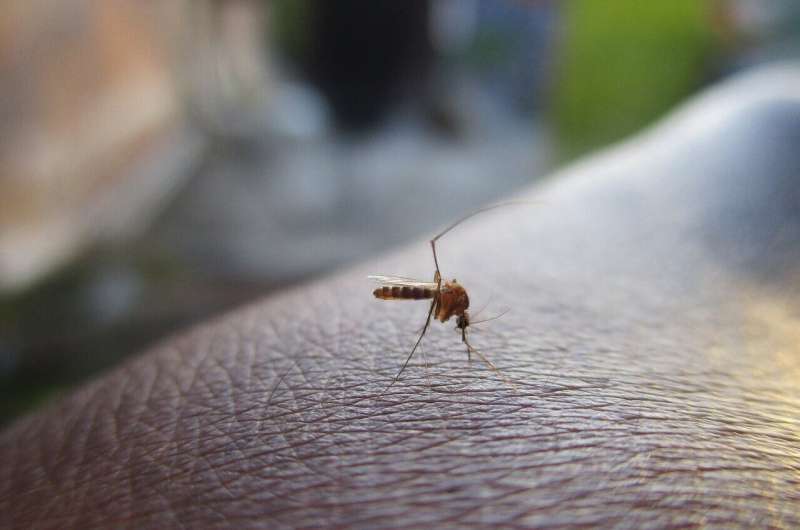Innovative Malaria Control Method Targets Parasites in Mosquitoes to Enhance Bed Net Effectiveness

A new innovative approach targets malaria parasites within mosquitoes, enhancing the effectiveness of bed nets and offering a promising solution to combat insecticide resistance.
Recent research led by Harvard T.H. Chan School of Public Health has introduced a groundbreaking approach to malaria prevention by targeting the parasites within mosquitoes. The study demonstrates that adding specific antimalarial compounds to bed nets can effectively prevent parasite transmission without relying solely on traditional insecticides. This strategy involves impregnating bed nets with compounds that disrupt the development of Plasmodium falciparum, the parasite responsible for the majority of human malaria cases. In laboratory tests, 81 antiparasitic compounds were directly applied to Anopheles gambiae mosquitoes—the primary vectors for malaria—revealing that 22 of these compounds significantly hindered parasite development.
Among these, two compounds stood out for their potent activity in killing parasites by inhibiting distinct sites within the parasite's mitochondrial electron transport chain, a critical component for parasite survival. When incorporated into prototype bed nets, these compounds achieved 100% parasite eradication at very low concentrations, maintaining their effectiveness even after a year and when applied up to four days prior to infection. This approach offers a promising avenue for malaria control as it targets the parasite directly within the mosquito, thus blocking transmission without killing the mosquito itself, which may help reduce the development of insecticide resistance.
"Malaria control urgently needs innovative solutions," said co-author Flaminia Catteruccia. "This new strategy could lead to a new generation of highly effective bed nets that interrupt transmission more efficiently. Our compounds are inexpensive to produce, making integration into current infrastructure feasible and cost-effective."
Insecticide resistance has compromised traditional mosquito control methods, especially in Africa, making alternative strategies vital. By focusing on killing the parasite rather than the mosquito, this method could extend the lifespan of bed nets and improve overall malaria prevention efforts. The study’s findings are published in Nature and represent a significant step forward in the fight against this deadly disease.
Stay Updated with Mia's Feed
Get the latest health & wellness insights delivered straight to your inbox.
Related Articles
Inflammation's Role in Life-Threatening Infant Lung Malformation
Emerging research reveals that increased inflammation, particularly involving macrophages, significantly impacts lung development in infants with severe congenital diaphragmatic hernia, paving the way for potential prenatal therapies.
New Findings Reveal Separate Synaptic Transmission Sites Drive Brain Plasticity
New research reveals that the brain uses separate synaptic transmission sites to regulate spontaneous and evoked signals, reshaping our understanding of neural plasticity and potential implications for neurological disorders.



